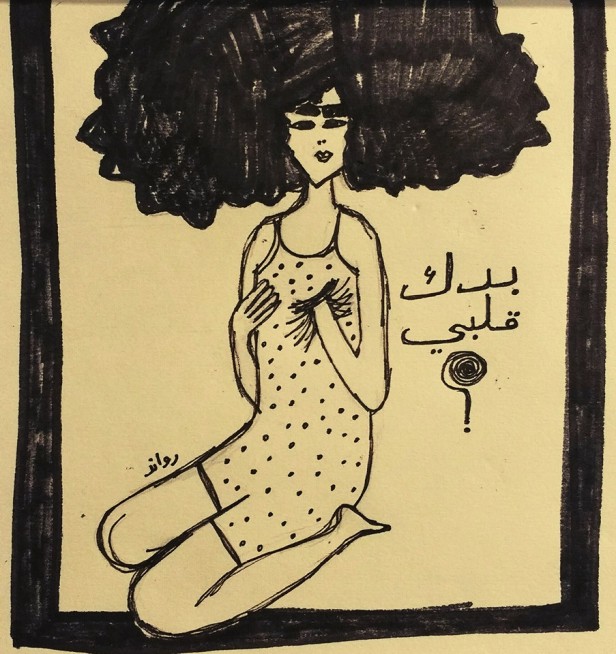With the semester coming to a close and assignments piling up, it is difficult to find time to clear my head. Trying to decide on a research topic to commit to—especially for someone who already struggles with decision making—has proven extremely difficult. Of all the ideas I’ve considered, I’ve narrowed it down to the following two:
Due to my interest in creative writing, Professor Nickerson suggested I write historical fiction. This idea greatly appealed to me given my love for writing, and I know it would be a great opportunity to continue honing my writing skills. I also know that following the Ramonat seminar, opportunities to learn more about historical fiction writing will be few and far between. After mulling over a few topics I decided that if I choose this route I will write about Korematsu vs. United States and the internment of Japanese Americans. Having learned about this Supreme Court ruling in another class, I am baffled by the fact that the decision to grant our government extra powers during wartime still stands as good law. The reason for this is the restrictive nature of judicial review in the United States, which only allows the Supreme Court to review rulings once they are relevant again and brought before the Court. I am also disgusted by the inhumane treatment of Japanese Americans during World War two and would like to explore the psychology behind conforming and abandoning basic human rights. How did Executive Order 9066 become so widely accepted and even praised?
Another reason I am specifically interested in researching and writing on the interment of Japanese Americans is a bit more personal. As a Muslim I have heard almost endless discussion and debate on whether anyone who ascribes to the same faith as myself will be facing a similar fate in a few months. While the fear over Trump’s election may be overblown at times, that does not take away from the anxiety that I have had to deal with since November 8th. His recent government appointees only add fuel to the fear among friends and family. Unfortunately, for many Muslims in this country, engaging in some of the simplest and mundane tasks is now laced with fear and apprehension. I will never be able to fully convey to my peers how much othering I have endured because they cannot fully grasp something they have not experienced. Where some people may engage in activities without a second thought those with an identity similar to myself—those who are the “other”—have to worry about facing both physical and verbal attacks. My friends have had their head scarves pulled off, my mother has been told produce as the grocery store was dirty after she touched it, and I have seen someone cross themselves when they walk past me. Unfortunately, these are only a few examples of the many incidents of hate I or others I know have experienced. I walk around being made to feel like a social pariah or the antichrist on the street. Most classes aren’t much better because I walk in knowing that most of my classmates and professors have little more than pity or even disgust for me. My shyness is interpreted as oppression or I’m asked if English is my second language. And whenever I participate I am seen as the exception among Muslim women. I bear a burden of both fearing the preconceived notions people have about me and my faith as well as any misperceptions people may acquire by misinterpreting my behavior. I know that not everyone looks at me in this manner, but I feel most usually do. It is very difficult sometimes to avoid wallowing in self-pity, which only reinforces the negative stereotypes people have about Islam and women.

On a more positive note the other direction I’ve considered taking my research in is starting a community project based on the Catholic Worker model. I would love to find a way to use the Ramonat seminar to become more engaged in my community and to give back to others. My goal with this project would be to study Catholic Social Teaching and the Catholic Worker Movement and use them as models for activism in such a way that can be reproduced for secular and religious organizations. I am especially interested in drawing off of the examples of women involved in the Catholic Worker movement for inspiration. A few project ideas I have considered involve sustainable urban living and agriculture, nonviolence, rehabilitation of human trafficking victims, and women’s empowerment. I am leaning toward a project that will help women in our community, as too often I have seen women reach their so called “expiration date” and be looked down upon for engaging in the very roles society dictates for them. For example, while many women are made to feel incomplete before getting married or having children, they often face ridicule and fewer career prospects after doing so. While I have not finalized the details of such a project, I would like everything I do to revolve around the role of women as social revolutionizers.
By sharing my feelings about the election and the state of Muslims in America I do not intend to gain pity from any readers. I just feel that most people are blind to the reality of life for anyone who seems even remotely different from white Christians. I believe more discussion needs to be had about the oppression and micro-aggressions faced by “minority” groups in this country instead of ignoring the elephant in the room. However, I think the mic needs to be in the hands of those facing oppression, and I daresay people should not feel proud of themselves for the few times they hand the mic over. I also want to stress that I am very thankful for the blessings I enjoy every day and know that many others in this country, such as Black Americans, face difficulties much worse than my own. I have learned a lot from my experiences and know that they play a large part in my commitment to social justice. Perhaps then they are a blessing.

Best,
Janan Badier
